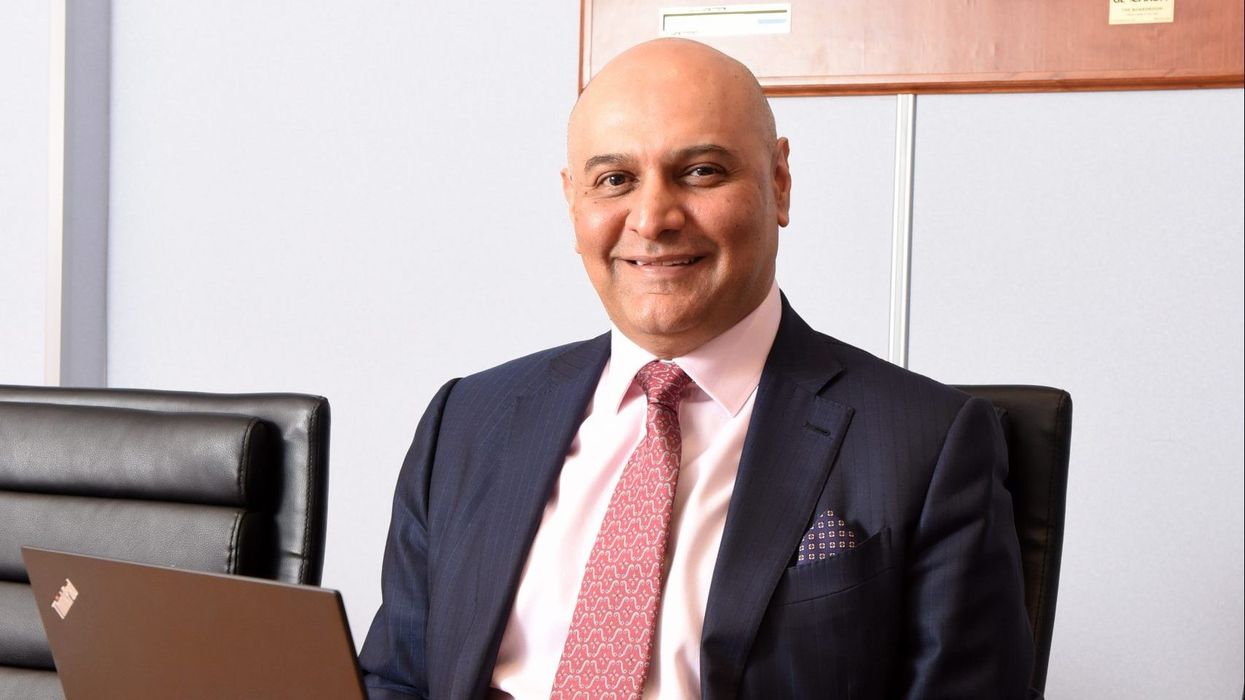by Kamaljit Thandi
CHILDREN’S CHARITY URGES CONVERSATION ABOUT FORCED MARRIAGE
THE summer holidays should be a fun, carefree time for children to enjoy themselves with friends and family.
But for some young people, it’s filled with fear and dread that they may be taken abroad and forced to marry a complete stranger.
Over recent years we have seen hundreds of children, some as young as 12, contact the NSPCC’s Childline service with the fear of being taken out of
the country to be married against their will.
There were 109 Childline counselling sessions on the issue in 2017-18, and there were a massive 10,500 visits to the Childline forced marriage webpage
in the same year. Over the same period, the NSPCC’s Helpline also received calls from concerned adults, 14 of which were serious enough to refer onto an external agency such as the police and social services for further investigation.
It’s vitally important to talk about such issues as the UK’s school summer holidays is typically seen as a time when some families can take children
overseas and force them to marry.
In some instances, children may have been told they are going on a normal family holiday and do not realise they are heading to their wedding day
with a complete stranger. Once they are abroad, they may find themselves isolated and find it difficult to raise the alarm and halt the marriage.
The secretive nature of forced marriage, combined with feelings of loyalty to family and community, can mean it is difficult to grasp the true
scale of the problem.
Children who contacted Childline expressed worries about family honour. Cultural expectations sometimes acted as barriers to them speaking up,
while some young people feared that their relatives would be punished if they sought support.
Another reason that stopped young people from resisting forced marriage was fear of judgement and isolation from their community.
A 17-year-old girl told Childline counsellors: “I got forced to marry last year. I never wanted this. My friends are being supportive, but I can’t talk to my mum about it as she thinks he’s the best thing for me and told me that if I end the marriage she won’t speak to me ever again. I’ve never even met him.”
An 18-year-old girl said: “My parents are talking about taking me back to my home country to get married, but I don’t want to. They get violent when
I don’t do what they want. I want to leave home, but they would never agree to it. I just want to live a normal teenage life, but they won’t let me.”
No child should be forced into marriage and we must be clear that, regardless of cultural expectations, this is a crime and a form of child abuse. Forcing a child to marry shows a complete lack of regard for their feelings, thoughts or ambitions, and it is something they would never wish for themselves.
It is a criminal offence to force someone to marry and can result in a prison sentence of up to seven years. This year saw the first successful prosecution
of its kind for forced marriage in the UK and we hope it will give other victims or potential victims the confidence to speak up and seek help, knowing that they will be listened to.
It’s vital children feel able to put aside thoughts of being seen as betraying their family and seek help to prevent the marriage from taking place.
If you suspect that a child is at risk of forced marriage and they don’t feel comfortable speaking out about it, encourage them to contact Childline. They
can discuss their worries, free and in complete confidence. Remind them that our trained counsellors are not easily shocked and they don’t have to
go into details if they don’t want to. They will never be judged – they will simply be supported in making the situation better.
It’s vital that children have the courage to speak up so we can break the cycle of forced marriage.
Until it is challenged, we cannot end the suffering of children.
The NSPCC is urging any adult who is worried about a child being forced into marriage to contact the NSPCC helpline on 0808 800 5000.












End child abuse culture